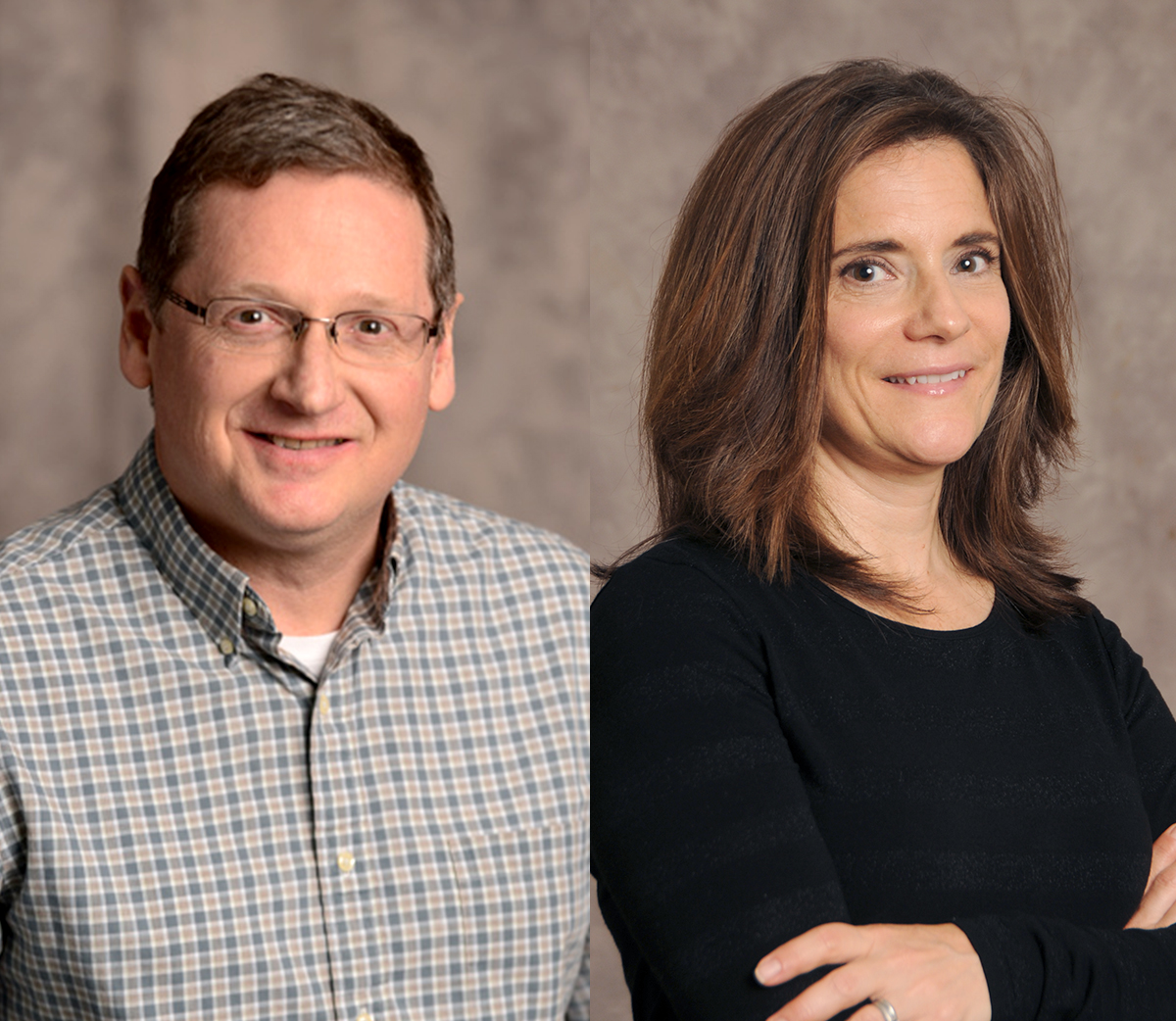NSF Awards SU Researchers $178K to Continue Rainforest Work

SALISBURY, MD---Often when people think about the Brazilian rainforest, they concentrate more on “forest” than “rain.”
For farmers in the region, however, that rain — and access to the water it provides — is vital. Recent extreme droughts and floods in the Amazon basin have punctuated the impact climate change can have on this resource. Agricultural communities have begun to adapt, though their actions may have direct implications for deforestation, which, in turn, could affect the water supply even further.
Dr. Jill Caviglia-Harris, Salisbury University professor of economics, is part of a team of academics in the U.S. and Brazil that has studied these impacts in recent years. The National Science Foundation (NSF) recently awarded $1.4 million to continue that research, including a $178,000 subproject overseen by Caviglia-Harris.
This is one of three grants — totaling nearly $600,000 — that SU received from the NSF in August.
The funding will allow Caviglia-Harris and her SU colleagues — Dr. Daniel Harris, chair of the Geography and Geosciences Department, and two students — to conduct pre-survey and field work at field sites in the tropical rainforest of Rondônia, Brazil. The grant also helps fund expenses for projects and workshops associated with the study. They will collaborate with others from the University of Montana, North Carolina State University, San Diego State University and New York University.
Research is expected to begin this fall, and continue through August 2023. The study’s title is a mouthful: “The Sociohydrological System of a Tropical Forest Frontier: Land-Climate-Water Feedbacks and Farmer Adaptation.” Its goal: Determine how the agricultural community has adapted to water use and availability changes, and how those adaptations may impact the greater environment.
Their work will build on research conducted in recent years with universities in the U.S. and Brazil, and Brazilian government officials, published in the Journal of Environmental Economics and Management and the Journal of Forest Economics.
Related work on a National Center for Socio-Environmental Synthesis-funded study showed the effects of deforestation and land use change on the availability of water for rural households in Rondônia. The research was shared with government officials, the results helped support better implementation of Brazil’s 2012 Forest Code, the most comprehensive forest protection and conservation law of its kind in the world.
Caviglia-Harris also presented on the topic at the World Congress of Environmental and Natural Resource Economics in Sweden and the Northeastern Agricultural Resource Economics Association’s annual meeting in Rhode Island. She and Harris have conducted research in the Brazilian Amazon for nearly two decades.
For more information call 410-543-6030 or visit the SU website at www.salisbury.edu.
